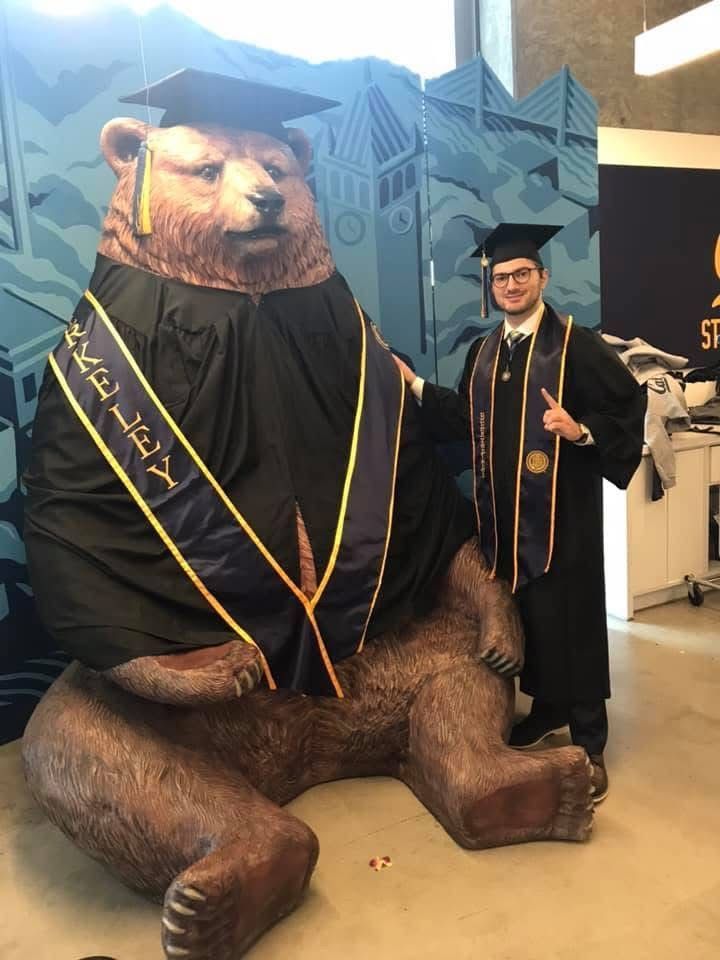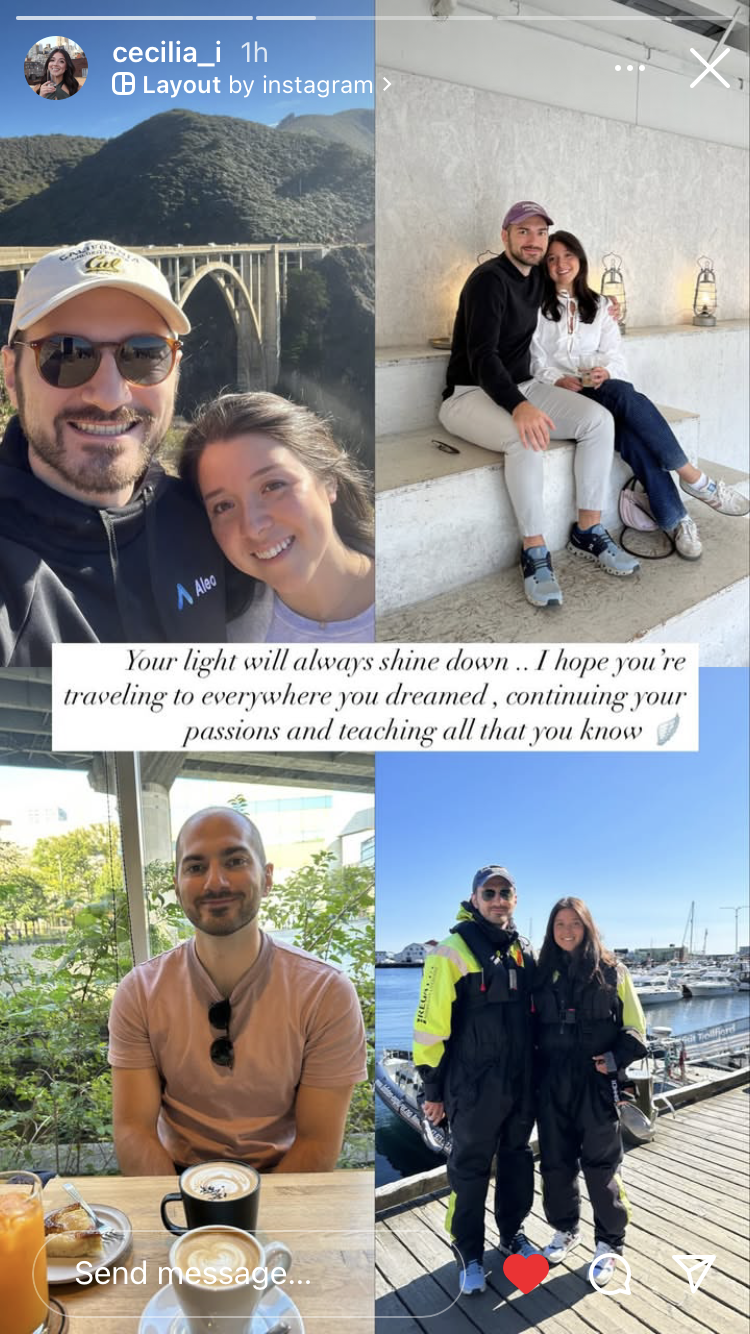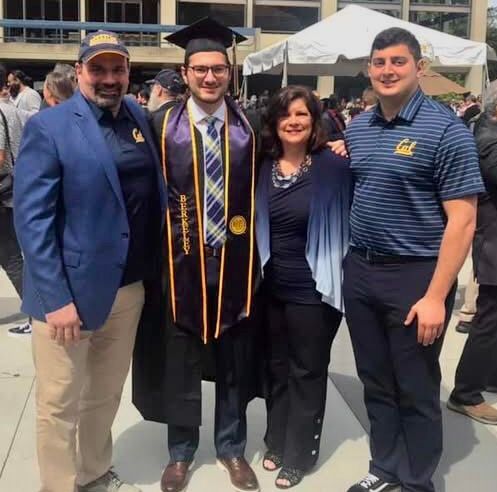Faces of HCM
Anthony DiPrinzio
“Anthony’s Heart” - Told by his mother, Angela DiPrinzio



Anthony's heart was such a kind, tender, yet strong heart full of passion, adventure, and a deep love of knowledge. His heart was very “BIG” in the sense
that he did everything “BIG”.
He attended college on the West Coast at the University of California, Berkeley; a quiet, suburban, 18-year-old boy from the East Coast. He chased his dreams to find opportunities at UC Berkeley that would fulfill his passion for learning as much as he could in the pursuit of finding a promising career for himself. After graduating from college in 2019, he traveled around the world to a multitude of countries, both professionally and personally, to educate large audiences and
small about his passion for zero-knowledge, blockchain, crypto, and the next level Web 3 industries. He was a “BIG” hearted tech guy who worked for a successful start-up.
He was at the top of his game, working his way into a very successful future, planning to be engaged to the girl of his dreams, saving to buy a home closer to his parents and younger brother, with the hope of starting a family of his own. He
was also physically fit, feeling healthy, and training for a half marathon alongside his younger brother. Typically, as brothers often do, they were competing to beat each other’s race times, and both were training rigorously. In January 2024, Anthony was in San Francisco, California, beginning a new role within the start-up he worked for. He was developing new and promising business ventures in the next Web 3 space. While on this trip, my beautiful boy’s life ended abruptly due to sudden cardiac death. He was alone with no one to witness this tragic event or possibly help him. He was discovered hours later in his hotel room due to the persistence of his girlfriend, who insisted that the hotel management do an emergency wellness check. That day, that moment, that call left a profound “heartache” that is forever etched into every fiber of my being, causing a brokenness that will never be repaired.
Three months after Anthony’s passing, it was determined that my “BIG” hearted, beautiful boy died at the age of 27 from a probable lethal arrhythmia due to HCM… His left ventricle measured 3 cm on the clinical autopsy exam. How could this be? How could such a “BIG” hearted guy die from a “BIG” heart due to HCM? He didn’t know he had HCM; he did not have any symptoms and was healthy! We didn’t know he had HCM! Why didn’t we know, so we could have saved him?
Perhaps he COULD have known…perhaps his untimely death COULD have been prevented…perhaps he COULD have been treated. Perhaps he COULD have fulfilled his hopes and dreams for his future and everything he worked and
prayed so hard for. Perhaps he COULD have been screened during his pediatric years at his annual well visits. Perhaps he or his parents COULD have been asked questions regarding his family heart history, or he COULD have been
asked appropriate questions regarding symptoms of the heart that may have been present but assumed to be “normal” or not concerning. Perhaps he COULD have referred for additional cardiac testing during his adolescent years, when
growth spurts are evident and may cause physical changes that may need to be examined closely.
Perhaps never came…for Anthony and for so many other beautiful, young and otherwise “healthy” people who lost their lives to sudden cardiac death due to undiagnosed HCM. They simply didn’t know they had “BIG” hearts. “Perhaps” is futile…it is “procrastination or the art of keeping up with yesterday.”(Don Marquis). Anthony chose this quote to add to his high school senior yearbook in 2015. Currently in 2025, the context of these words couldn't be more profound in Anthony’s message to educate others about HCM, support and mandate legislation to screen for HCM as early as the pediatric years, to provide early treatment and intervention without insurance pushback and ultimately to find the 80% undiagnosed.
Anthony was the 1 in 250 Americans who had HCM, the most common genetic cardiac disorder. He was among the 1.3 million Americans who were at risk for HCM, regardless of age or other demographic factors. He did not know. We did
not know. He had no symptoms and was otherwise healthy. We know now, and we MUST educate ourselves and others to know about their heart health and seek appropriate screening and possible medical treatment.


 Translate
Translate